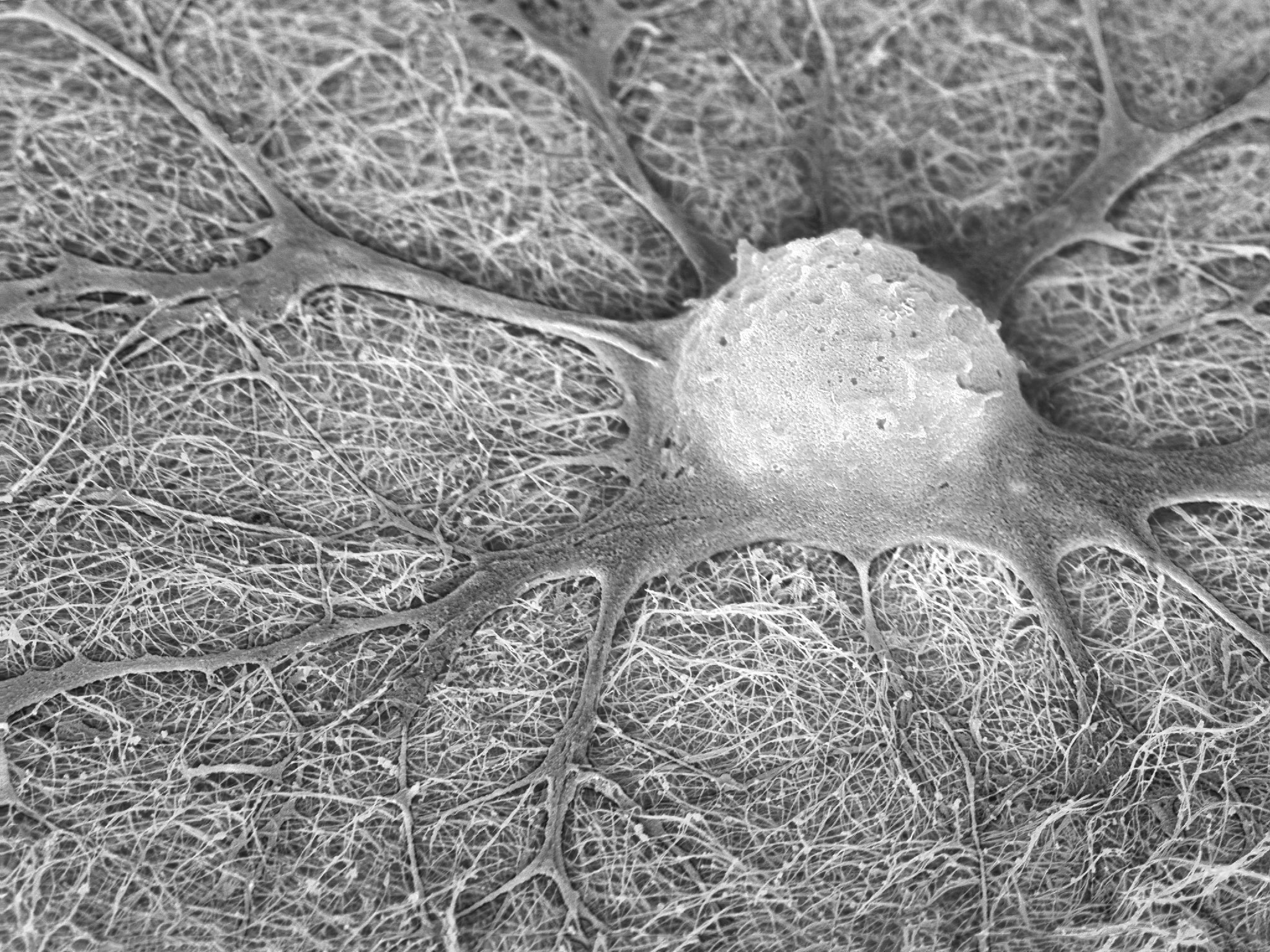ISSCR News

Professor Brings Global Stem Cell Medicine Course to PhD Scholars in Pakistan
Dr. Asmat Salim, a faculty member at the University of Karachi, recently adapted the ISSCR’s continuing education course, Stem Cell Medicine: From Scientific Research to Patient Care, into a three-week interactive program for 34 Ph.D. students. Combining lectures, discussions, quizzes, and student presentations, the course provides a strong foundation in stem cell medicine while fostering critical thinking and collaboration.
Students described the program as “highly informative, engaging, and inspiring,” highlighting that it opened new research directions and offered “valuable insights into how stem cells hold potential for treating diseases.”

The ISSCR Announces AI & Digital Biology Symposium Poster Award Winners
Four early career scientists were recognized for their outstanding poster presentations at the AI & Digital Biology Symposium in Seattle, USA held 9-10 October.

The ISSCR Launches Roadmap for Developing Pluripotent Stem Cell-Derived Therapies
New Guidance Aims to Enhance the Translation of Cell Therapies
The International Society for Stem Cell Research (ISSCR) is proud to announce the release of Best Practices for the Development of Pluripotent Stem Cell-Derived Cellular Therapies, a comprehensive new resource designed to accelerate the translation of human pluripotent stem cell (PSC)-derived therapies into clinical trials and commercial use.
Developed by leading international experts in cell therapy, this groundbreaking document outlines the key principles and decision points required to develop safe, effective, and regulatory compliant PSC-derived products. Organized into seven sections, the guidance offers jurisdictionally neutral information on topics ranging from PSC line selection and raw material use to regulatory considerations, preclinical studies, and clinical trials.

ISSCR Remembers Sir John Gurdon
The International Society for Stem Cell Research (ISSCR) joins the global scientific community in mourning the loss of Nobel Laureate Professor Sir John Gurdon, whose visionary discoveries forever changed our understanding of biology and inspired generations of scientists around the world.
Professor Gurdon’s pioneering nuclear transfer experiments in frogs answered one of the most fundamental questions in biology, whether specialized cells retain the full genetic blueprint of life. His landmark demonstration that the nucleus of a mature cell could direct the development of an entire organism laid the foundation for fundamental advances in stem cell science.

Receive ISSCR Press Releases
Sign up be a part of ISSCR’s media list. Media Contact: Kym Kilbourne, Director of Media and Strategic Communications
Subscribe to ISSCR News.
Each month, ISSCR delivers scientific, policy, and community to your inbox .

